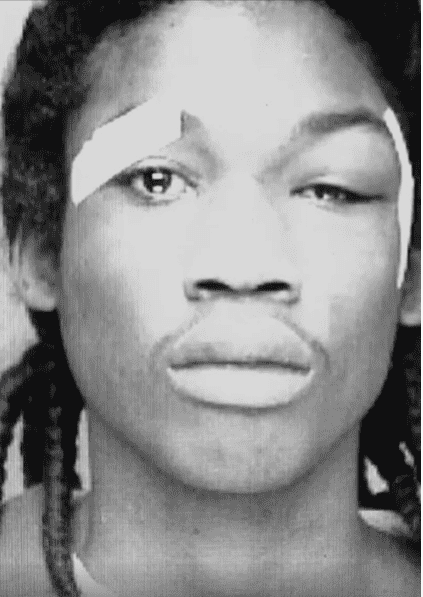Meek Mill and the Philadelphia judge who jailed him: Where are they now?

When Robert Rihmeek Williams, better known as Meek Mill, was first convicted back in 2008, he was a 19-year-old Philadelphia kid brought in on serious gun and drug charges with flimsy evidence. The judge who convicted him was Genece Brinkley, a judge on the Philadelphia County Court of Common Pleas.
What followed is a harrowing story of one man’s struggle with the system, which has most recently been chronicled by an Amazon docuseries aptly titled ‘Free Meek’. At the time of his conviction, Mill hoped to receive some consideration from the judge who was clearly familiar with his circumstances and he actually thought she had given him a break when she sentenced him to between 11 and 23 months in prison followed by probation for an offense that could have landed him in jail for a decade or more.
Little did he know that despite doing his time, the 11-year probation that Brinkley had handed to him would come back to haunt him his entire adult life. Since that fateful conviction, Brinkley has made the rapper’s life a living hell by pulling him up over minor “violations” of his probation like failing to inform her about a change in his travel plans.

When Hurricane Sandy grounded Mill’s flight from New York to Atlanta, forcing him to take another one from Philadelphia, the judge sentenced him to house arrest, forbidding him from touring or working on new music. At a later time, he was pulled up for using water guns in a music video. That particular violation? It got him sent to jail on a sentence of three to six months.
Things came to a head in 2017 when Brinkley sentenced Mill to two to four years in prison citing a failed drug test and unapproved travel. A movement broke out demanding his freedom and though he was eventually released, the rapper was forced to spend a full five more months in prison.
However, despite the best (or rather worst) efforts of the system, Mill has managed to build a career for himself and since his release, he has emerged as an iconic crusader for reform in the criminal justice system. Soon after being released, he mended fences with hip-hop superstar Drake, whom he had previously had a falling out with, and the two collaborated on the track ‘Going Bad’.
More recently, Mill was one of the artists who joined Drake on stage during his OVO Fest 2019 performance. In 2018, Mill received Billboard's inaugural R&B/Hip-Hop Power Players' Impact Award for his staunch activism. On July 24, a Pennsylvania appeals court overturned his original conviction and ordered a fresh retrial.
Mill celebrated his victories with his 2018 album 'Championships'. The title song of the album ends with the words, "See comin' from where I come from / We had to beat the streets / Beat the system, beat racism, beat poverty / And now we made it through all that, we at the championship."

As for Judge Brinkley? She has faced quite a bit of backlash for her handling of Mill’s case. Brinkley has been accused of repeatedly making unorthodox decisions that severely affected the rapper’s life and career.
In fact, at one point she sentenced him to community service and showed up at the homeless shelter where he was working and scolded him for not doing more. She even ordered him to take an etiquette class, paid for out of his own pocket.
In May 2019, Philadelphia District Attorney Larry Krasner’s office filed a brief bringing Brinkley’s impartiality into question. “Judge Brinkley personally assumed the role of investigator,” the brief said. Krasner also accused Brinkley of making highly unfair calls and said the court had “abused its discretion.”
The judge has since been forcibly removed from the case and Mill will be facing Judge Leon Tucker instead for the remainder of his appearances in court in connection with the 2008 gun and drug charges, the most serious of which are that he was in possession of crack cocaine and that he pointed a gun at a police officer.
The rapper has vehemently denied ever having sold drugs and while he has admitted to having owned a gun, he denies threatening a police officer, suggesting that had he pointed a gun at them, the cops would have killed him without a second thought.
Mill’s lawyers have maintained for a long time that Brinkley was the only thing standing between the rapper and freedom. Despite the allegations against her, Brinkley continues to serve in the criminal justice system and is still a judge at the Court of Common Pleas of Philadelphia County.
You can catch the full story by watching ‘Free Meek’ when it drops on Amazon Prime Video August 9.










